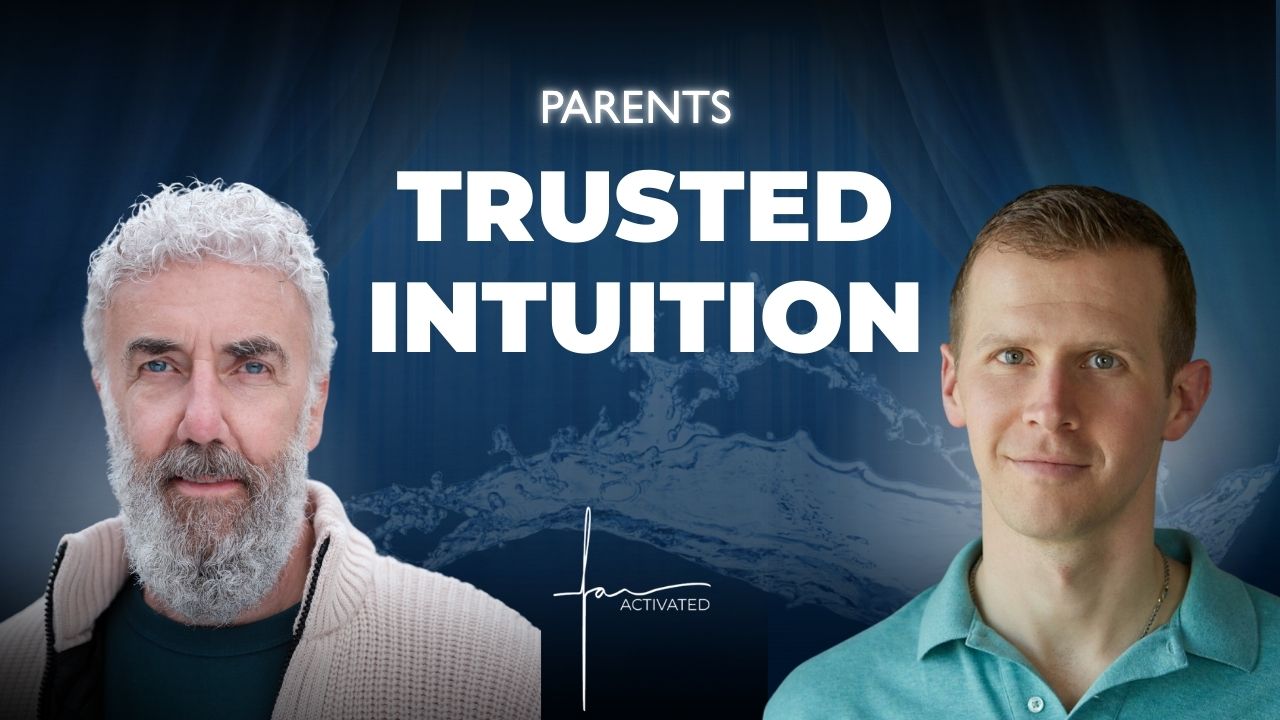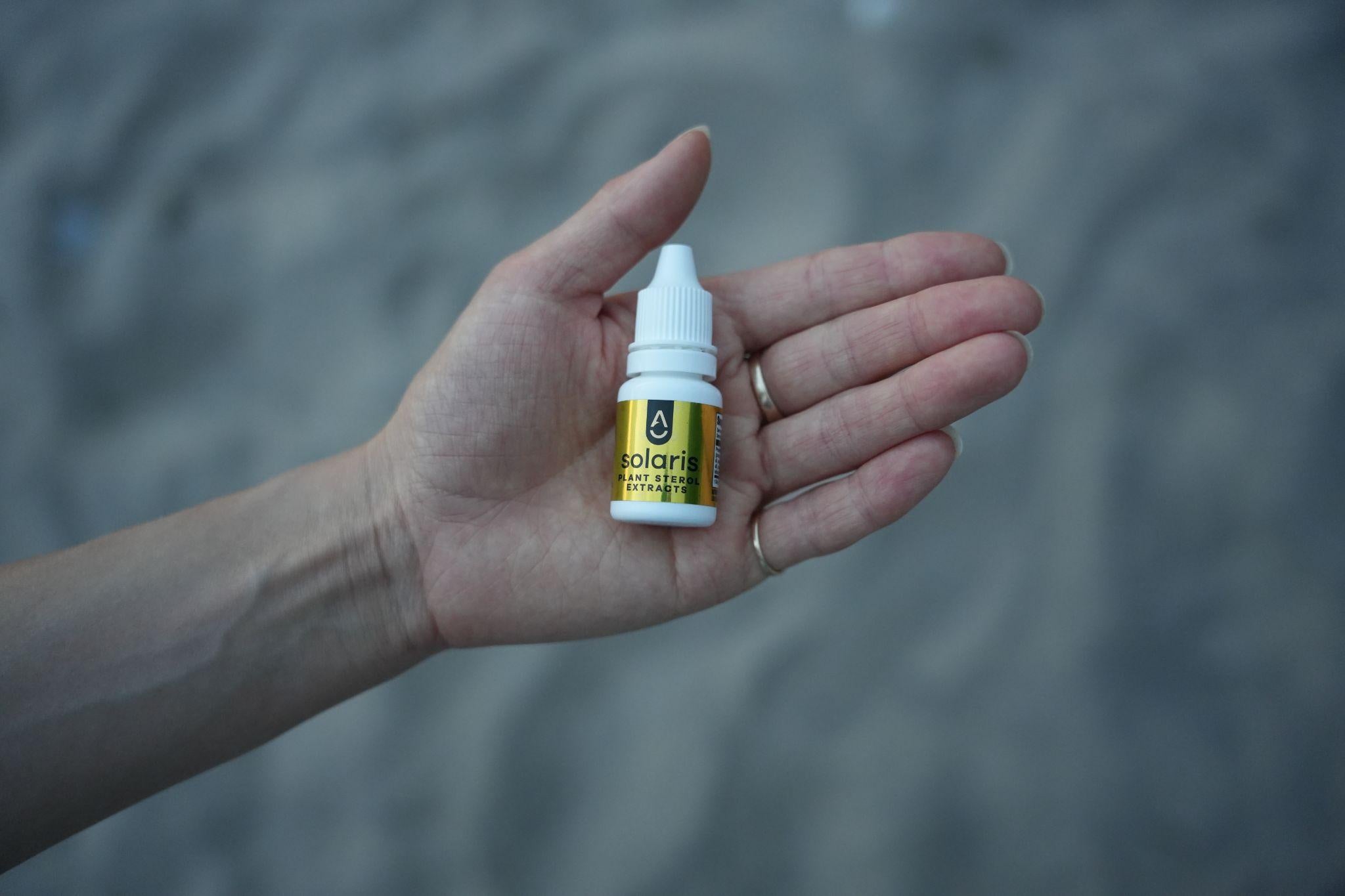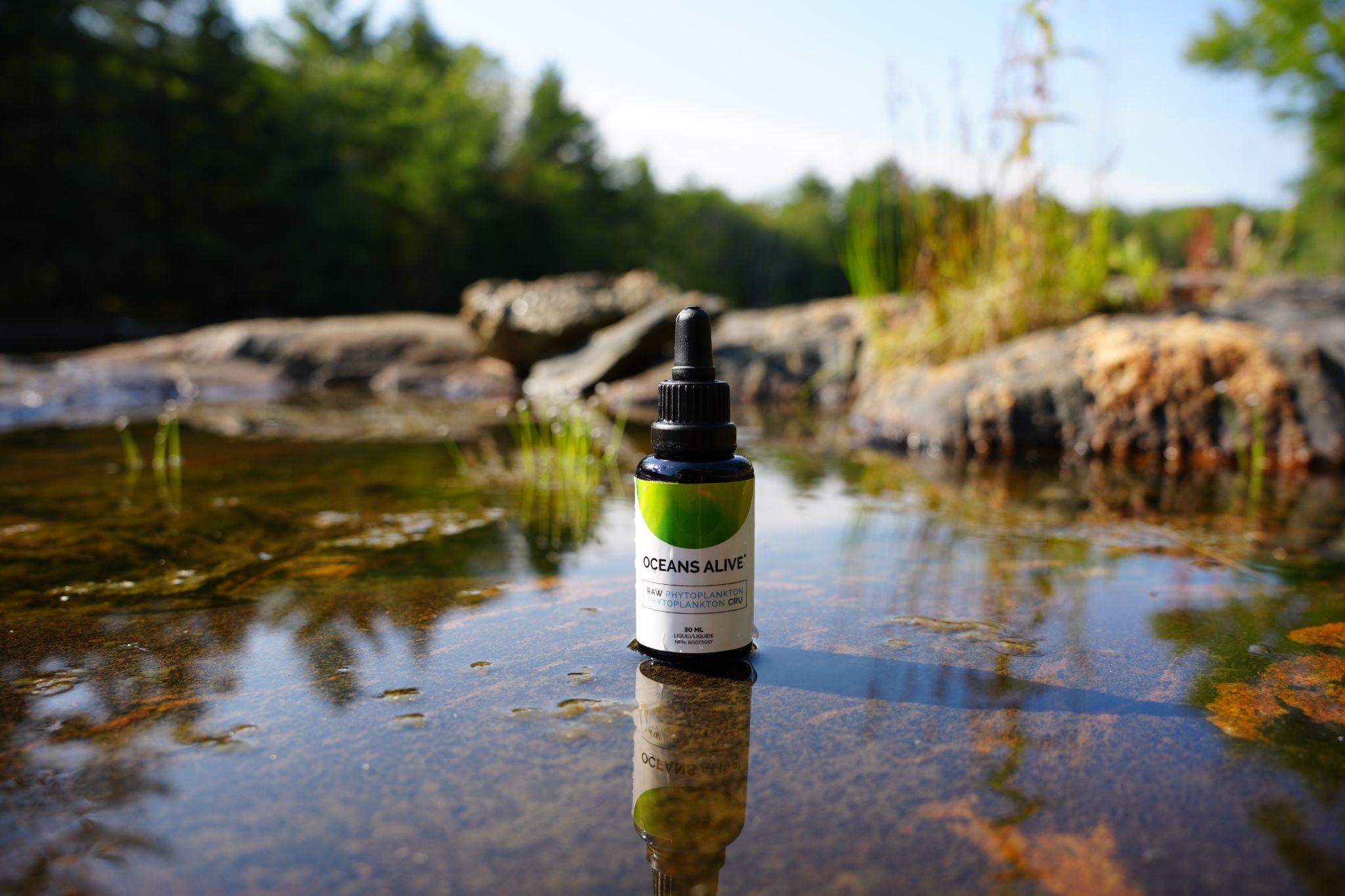
Do you want to look and feel beautiful? Who doesn’t, right?
Today I want to talk about an easy and effective way to revitalize your natural beauty.
I’m not talking about the kind of beauty that comes from a bottle. Makeup, hairstyles and clothing may make you feel beautiful, but above all, beauty starts with your health.
It goes beyond basic nutrition and exercise. There are specific nutrients that will make you look younger, healthier and more vibrant.
Age and Oxidation
When it comes to beauty benefits, antioxidants help to combat the effects of free radical damage, returning your skin to its natural state of health. Premature aging is often a direct result of oxidative stress, as your body is at war on a cellular level.
In Do You Have the Guts to Be Beautiful, Dr. Mitra Ray explains how oxidation can manifest itself physically: “In the dermis, free radical damage causes wrinkles by activating enzymes that break down collagen. You will notice wrinkle lines, especially around the lips of a smoker. Also, sun worshippers often have wrinkled skin from too much sun. A diet rich in processed food and animal products can cause similar damage.”
Wrinkles, dry skin and damaged hair are just some of the ways that oxidation can rob you of your natural beauty, making you look older than you are. Thankfully, there are steps you can take to put a stop to the premature aging of your skin, and even reverse some or all of the damage.
We’re talking about protecting or returning to a state of natural beauty.

What is Oxidation?
Oxidation is a chemical reaction that results in the production of free radicals: unbalanced molecules (with missing electrons) that “steal” electrons from other cells trying to balance themselves out.
When they steal from those other cells, they damage DNA, cellular membranes and important enzymes.
This can be hard to picture in the context of your body.
To illustrate: when you cut into an apple and expose the flesh to air, it doesn’t take long before it starts to turn brown. This is oxidation in action. Just as it quickly affects the apple, it can also make short work of thousands of cells in your body.
Typically, antioxidants maintain a balance with the free radicals. Antioxidants sacrifice an electron to the free radicals, stabilizing them.
When the balance is disrupted, free radicals can cause a lot of damage, and you suffer the consequence: oxidative stress.
What Causes Oxidative Stress? How Can I Prevent It?
Oxidative stress is the result of excessive free radical damage. It can leave your immune system compromised. Arthritis, diabetes, Alzheimer's, heart disease, leaky gut, cancer and premature aging have all been tied to long-term oxidative stress.
What causes those free radicals to form?
BodyEcology.com outlines some of the major causes:
“There are many different processes and substances that chronically damage cells and contribute to oxidative stress, including:
- Toxic chemical compounds and pollutants in your body
- Hydrogenated fats
- All kinds of pollution , including air, water, and food
- Oils that have been heated to very high temperatures
- Cigarette smoke, directly inhaled or secondhand
- Dehydration
- Too much sugar
- Too much animal protein in your diet
- Geophysical stress like living near power lines or waste dumps
- Microbial imbalance, including bacterial, fungal and viral infections
- Preservatives in your food
- Drugs (over the counter and prescription)
- Artificial food colorings and flavorings
- Plastics and phthalates
- Chemical cleaning supplies
- Chlorinated water that you drink, shower in or swim in
- Alcohol
- Pesticides in your food
- Radiation exposure
- Psychological and emotional stress”
Avoiding sugar, not smoking, reducing stress and staying hydrated are active ways to protect yourself and overcome oxidative stress. Pesticides, pollution and other toxins are much harder to anticipate and avoid. Fortunately, there are antioxidants that can help.

What are Antioxidants and What Do They Do?
Antioxidants are molecules that have a spare electron. By donating electrons to free radicals, they neutralize them and stop oxidation from happening.
Getting lots of secondary antioxidants (the ones your body can’t produce on its own) through a healthy diet is the easiest way to counter-balance the effects of environmental causes of oxidative stress.
Many nutritious foods are loaded with antioxidants. Fresh fruits (especially berries), vegetables, fish, seeds, nuts, sprouts, dark chocolate and many herbs and spices are excellent sources of antioxidants.
Larissa Long at Whole Health Insider put together a list of some of the most effective antioxidants:
- This nutrient is essential to cell growth and differentiation, supporting the function of the heart, kidneys and other organs. Furthermore, it is important for vision. Although vitamin A is usually found in animal products, such as liver and milk, many fruits and vegetables contain beta-carotene, which is a plant pigment that the body converts into vitamin A.
- Otherwise known as ascorbic acid, vitamin C helps the body produce several important substances, such as neurotransmitters and collagen. It also supports the immune system.
- Vitamin E. This antioxidant helps prevent the production of free radicals that occurs when your body breaks down fat.
Selenium. This trace mineral is part of the building blocks that make up antioxidant enzymes.
Ensuring that your diet contains whole foods that have these antioxidants in them is the key to maintaining youthful beauty. Avoid single-antioxidant supplements for your antioxidant needs as they can have negative impacts on your health if overused.
Long also notes the importance of omega–3 fatty acids, which you can find in fish oil and in seeds such as pumpkin and flax. Omega–3s are not “super antioxidants” but they do a lot of low-level free radical repair and carry a lot of health benefits, including heart support and reducing inflammation. Plus, they are a natural beauty solution.
Omega–3s can strengthen your nails, preventing splitting and hangnails. They are also great for your hair, helping to reduce split ends and dry scalp while leaving your hair shiny and soft. Not to mention, omega–3 fatty acids are excellent for your skin, naturally moisturizing while reducing inflammation and relieving irritations like acne.
Improving your diet by eating more antioxidant-rich whole foods will do wonders for your overall health and will enhance your natural beauty by combating premature aging.
Activation Products offers a variety of top quality seed oils, all of which are excellent food sources of antioxidants. Many of them are great for topical use as well, allowing your skin to absorb the nutrition (antioxidant and otherwise) directly.
You can look through our catalog of products, including our Perfectly Pressed seed oils, here.
Check out Oceans Alive too, our marine phytoplankton supplement. Marine phytoplankton is an omega–3-rich food source, as well as a source of many other nutrients, including several “super antioxidants”. Find out more about how to use Oceans Alive for beauty, here.
Resources:
https://draxe.com/health/fighting-free-radical-damage/
http://www.womenshealthmag.com/health/super-antioxidant
http://www.besthealthmag.ca/best-looks/skin/the-truth-about-antioxidants-and-your-skin/
http://bodyecology.com/articles/oxidative_stress_how_to_prevent.php?utm_expid=2024222-15.5fnaX-KoSfSgeXFYaSTJCA.0&utm_referrer=http%3A%2F%2Fpurathrive.com%2Fnatural-way-combat-oxidative-stress%2F
http://www.wellandgood.com/good-advice/the-3-surprising-beauty-benefits-of-omega-3s/
https://draxe.com/nutrition/top-10-high-antioxidant-foods/
http://articles.mercola.com/antioxidants.aspx












Muscle Cramps: Causes & Solutions
The Vitamin K/Vitamin D Connection